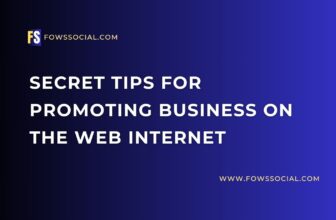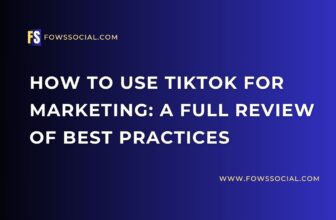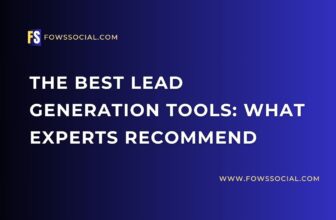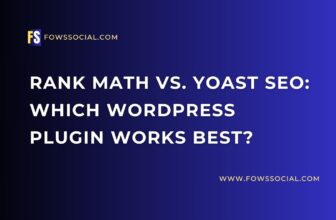Influencer marketing is a widely adopted and successful strategy for brands seeking to expand their audience and boost their visibility. Social media platforms such as Instagram, YouTube, and TikTok have given rise to influential online personalities capable of influencing consumer behavior and assisting businesses in reaching their marketing objectives. Nevertheless, as we approach 2025, it is crucial to weigh the advantages and disadvantages of influencer marketing so that brands can make well-informed choices about their marketing strategies.
Advantages of Influencer Marketing:
1. Enhanced Brand Exposure: An important benefit of influencer marketing is the boost in brand visibility it offers. Collaborating with well-known influencers with a substantial number of followers enables businesses to expand their reach and elevate brand recognition.
2. Specific Targeting: Utilizing influencer marketing enables companies to focus on particular demographics and niche audiences that resonate with their brand principles and goals. This focused strategy can result in increased engagement rates and improved ROI for marketing initiatives.
3. The Importance of Authenticity and Trust: Followers view influencers as reliable sources of information, enhancing the credibility and trust of brands they collaborate with. Influencers boast a dedicated fan base that values their insights, making influencer marketing an effective means of establishing genuine connections with consumers.
4. Enhanced Engagement: Influencers possess a special skill in producing captivating content that connects with their audience. Collaborating with influencers who deliver top-notch and compelling content can boost engagement rates and promote significant interactions with the desired audience.
Number 5: Cost-Efficient
In comparison to conventional advertising techniques, influencer marketing proves to be a cost-effective approach for businesses seeking to expand their reach to a wider audience. Numerous influencers provide budget-friendly partnership opportunities, allowing brands of all scales to incorporate influencer marketing into their marketing endeavors.
Negative Aspects of Influencer Marketing:
1. Giving Up Control: When brands collaborate with influencers, they give up some control over the content that is produced and distributed. This loss of control can result in mixed messaging and branding, posing a risk to the brand’s reputation.
2. In the past few years, the trend of influencers buying fake followers and engagement to appear more influential has become more prevalent. Brands should be careful in choosing influencers to collaborate with, ensuring they are connecting with a real and active audience.
3. Oversaturation and Competition: The rise in influencer marketing has led to a flooded market, with numerous influencers seeking brand partnerships. This heightened competition can present difficulties for brands in differentiating themselves and driving significant outcomes from their influencer marketing efforts.
4. Limited Potential for Long-Term Value: Collaborating with influencers is typically short-lived, which may hinder brands from maximizing the lasting benefits of these partnerships. Brands should carefully assess the sustainability of their influencer collaborations and choose influencers that can offer consistent value over time.
Measuring the success and return on investment of influencer marketing can be difficult for brands. Tracking and quantifying the impact of influencer partnerships on brand awareness, engagement, and sales can pose challenges in assessing the effectiveness of these campaigns.
Influencer marketing has become a powerful tool for brands in recent years, offering a range of benefits. Firstly, it allows brands to enhance their visibility by leveraging the massive following and reach of influencers. This enables them to tap into previously untapped audiences and expand their customer base. Secondly, influencer marketing allows brands to establish authentic connections with consumers. By partnering with influencers who align with their brand values, they can create genuine bonds and trust with their target audience.
However, it is important for brands to acknowledge the potential drawbacks of influencer marketing. Limited control over the content and messaging is a significant concern, as influencers have their own creative freedom. Additionally, the presence of fraudulent followers and the risk of market saturation can impact the effectiveness of influencer campaigns. Therefore, brands must carefully evaluate these advantages and disadvantages to make informed decisions and optimize the benefits of influencer collaborations in the future.
Overall, influencer marketing provides numerous advantages for brands seeking to boost their presence, reach untapped audiences, and forge genuine bonds with consumers. Despite these benefits, it is crucial for brands to also acknowledge the possible shortcomings and obstacles linked to influencer marketing, including issues like limited control, fraudulent followers, and market saturation. By thoroughly assessing both the advantages and disadvantages of influencer marketing, brands can make well-informed choices about their marketing approaches and ensure they are capitalizing on the advantages of collaborating with influencers in 2025 and beyond.








